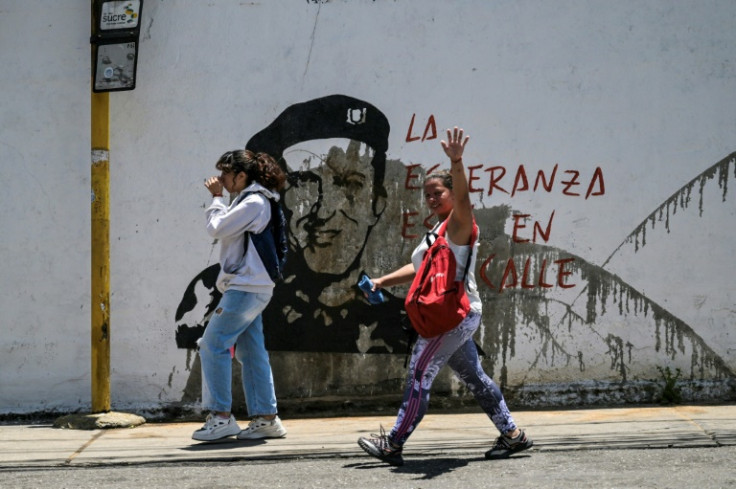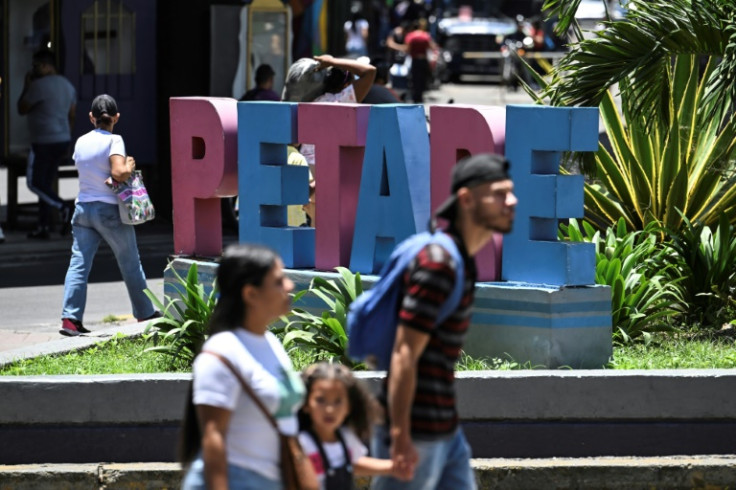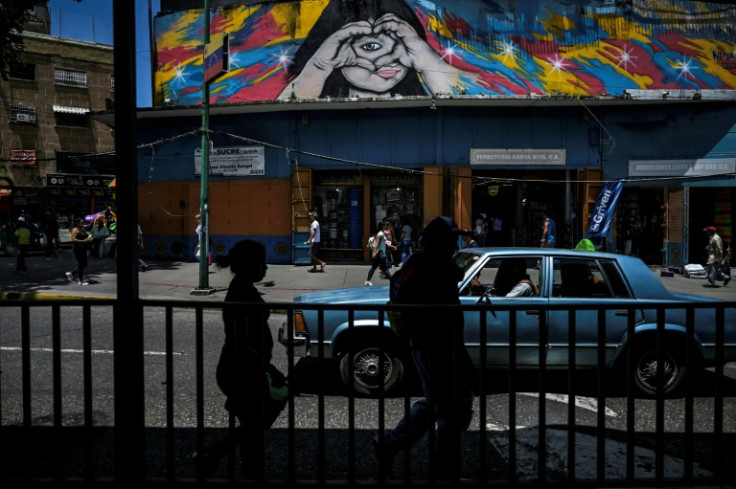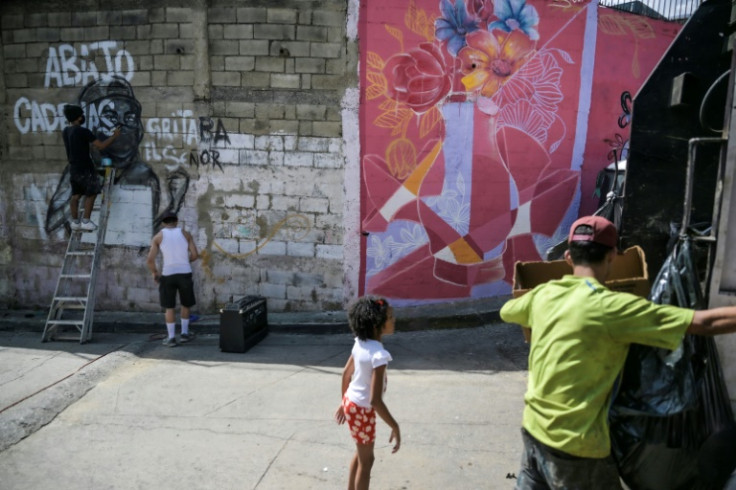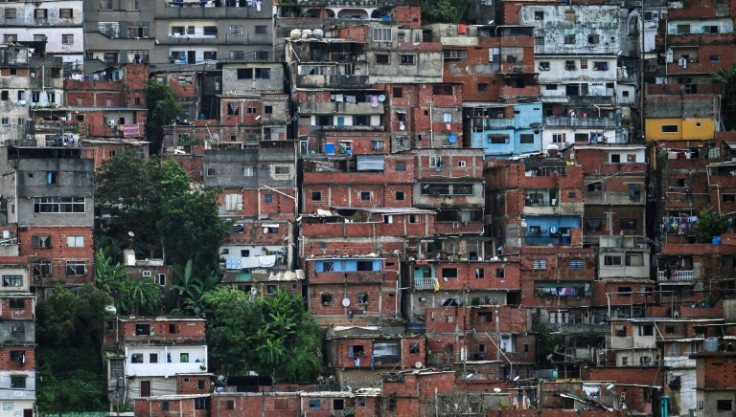
Fear has cast a pall over the vast shantytown of Petare, a tangle of houses clinging to a hillside in eastern Caracas, where residents dread violent repression if they take part in opposition protests against Nicolas Maduro's disputed election win.
Twelve people, 11 civilians and one soldier, have already lost their lives in protests that erupted after Sunday's election result was announced. Many of those participating came from Petare, which is home to 650,000 people.
A local activist and well-known Maduro critic, Katiusca Camargo, sees clear intent from the government to dissuade residents from taking to the streets.
On Saturday, opposition leader Maria Corina Machado has called for fresh protests.
"We have dead, wounded, detainees, missing people... People know it. They are afraid. They know they are going to find themselves facing armed people ... ferocious wolves," said Camargo, who has the word "resilience" tattooed on her right forearm.
The wolves she refers to, are the so-called "colectivos", pro-government paramilitaries who support the president and act in small commandos, without taking official orders, sowing terror in neighborhoods.
Several witnesses reported that the colectivos had set up camp in the Gloria al Pueblo Bravo market in Petare.
On Tuesday, they lay in wait for those returning from opposition protests, identified by the colors they wear.
"They attacked those wearing white or Venezuelan jerseys, they stole motorcycles and kidnapped a few people," who were then handed over to the police, said resident Josumary Gomez, 32.
"You think: 'If I go out, I'm not coming home,'" she said of the upcoming demonstrations.
The colectivos have also made nighttime raids on Petare, attacking passersby or stealing motorcycles.
Camargo also said that residents had been bombarded with text messages and videos reporting the presence of the colectivos in different spots.
"They went to a few places but they couldn't have been in all 2,000 sectors of Petare at once. It's psycho-terrorism," she said.
Speaking on condition of anonymity, a resident of a particularly dangerous part of the shantytown, said the colectivos "put the pressure on at night."
"Strange guys with hoods. Not bandits from here, I know the ones from here, they were the colectivos. They intimidated people, scared them, beat them, stole motorcycles. I heard gunshots. A lot."
For now, the colectivos have achieved their goal. Fear reigns over Petare.
"I will not go out to demonstrate. I have had a bad experience in the past. I saw people die," said the same resident.
Demonstrations in 2017 in particular left around a hundred dead, triggering an investigation by the International Criminal Court (ICC).
"I participated in these demonstrations but when I saw that there was no solution, that there were many deaths, I decided to leave the country", said Miguel Becerra, a 35-year-old photographer, who, like seven million Venezuelans, decided to emigrate.
He left to Ecuador and returned in 2020 because "I had hope that there would be change".
His hopes were quickly dashed. He has not left his house in Petare since Monday and is thinking of emigrating again.
He describes "the fear of going out and suddenly running into a group of colectivos, of being kidnapped, of being killed, of being abducted."
Petare is no stranger to fear and danger. A few years ago, the slum was often mentioned in online lists of the world's most dangerous neighborhoods.
Alexander Camargo, 50, Katiusca's brother, described how, not long ago, criminals would "kill you for a cap or a pair of shoes. It was worse than Pakistan, with automatic weapons and kids who could recognize different weapons by ear."
As night falls in Petare, Katiusca Camargo and her friends have organized a prayer at a crossroads.
Jhoana Padilla, 40, weeps unconsolably while praying for "the vote to be respected."
"I voted for my children, for a better future. For our daily life. I know there is fear, but there are times when this fear gives you strength to move forward."
